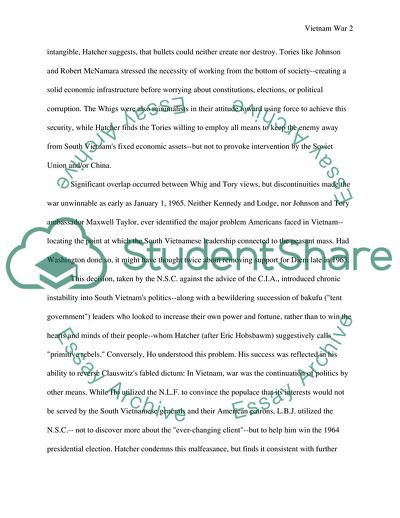Cite this document
(American Internationalists and Vietnam Essay Example | Topics and Well Written Essays - 2131 words, n.d.)
American Internationalists and Vietnam Essay Example | Topics and Well Written Essays - 2131 words. Retrieved from https://studentshare.org/military/1712567-the-vietnam-war
American Internationalists and Vietnam Essay Example | Topics and Well Written Essays - 2131 words. Retrieved from https://studentshare.org/military/1712567-the-vietnam-war
(American Internationalists and Vietnam Essay Example | Topics and Well Written Essays - 2131 Words)
American Internationalists and Vietnam Essay Example | Topics and Well Written Essays - 2131 Words. https://studentshare.org/military/1712567-the-vietnam-war.
American Internationalists and Vietnam Essay Example | Topics and Well Written Essays - 2131 Words. https://studentshare.org/military/1712567-the-vietnam-war.
“American Internationalists and Vietnam Essay Example | Topics and Well Written Essays - 2131 Words”, n.d. https://studentshare.org/military/1712567-the-vietnam-war.


